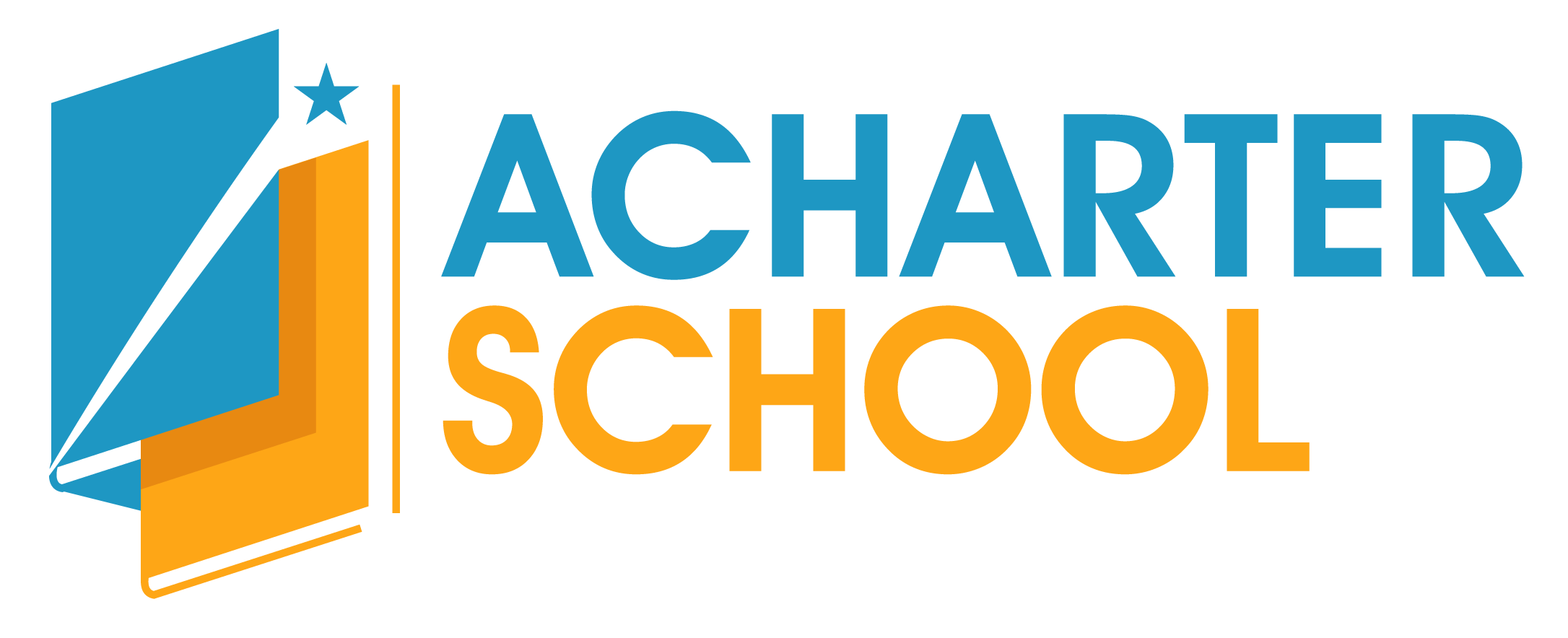It is a fact that when it comes to education, there is no such thing as a one-size-fits-all way of teaching children. Since every individual has his or her own unique skills, interests and learning approach, it is important to consider the type of school where you enroll your child. This is the best way of making sure that genuine learning takes place, as well as harnessing the talents of every student.
What is an alternative high school?
Hence, alternative high schools came to be, and these schools are designed to provide special needs of students while offering the highest quality of education to safeguard their future. So, if you are a parent looking for a practical mode of education to give your child, then you should read along to discover more about alternative schools and how these compare with traditional ones.
Alternative high school vs Traditional high school
Although, elementary school offers basic education to students, high school serves as a pivotal time among the youth. This is a crucial period in a person’s life since it is a formative phase. There are students who view high school as an exciting, fun-filled and memorable point in their life.
However, there are those who are overwhelmed and stressed out during high school, which makes them fear this moment in their life. In this case, it is important to address these negative issues and turn this around to make high school a positive and rewarding moment among students.
Value of Alternative High School
Considering the challenges that students experience in their high school years, educators have come up with a viable solution to these concerns. An alternative high school offers a more relaxed yet effective mode of instruction to students, including individualized support to help those who are struggling with their studies.
Some children may also have a tough time fitting in a conventional high school because of disabilities, cognitive impairment, or other issues that tend to bring down their confidence and performance levels. Thus, attending an alternative high school gives these students a chance to develop themselves further without having to deal with factors that they fear or feel anxious about in a traditional school.
There are some students who are not very comfortable being in a classroom full of different types of people. They may get easily distracted in a classroom with several students, which can lead to problems. As for others, they learn best when they are given a one-on-one instruction from teachers. If this is not provided, some students may end up misbehaving, failing their tests or not performing well in class because of lack of engagement and interest.
In an alternative high school, students can expect to receive more attention from teachers since the mode of instruction is personalized. Engagement is achieved, which leads to better results for their grades. Keep in mind that education starts when a student’s interest are enhanced, and this is what alternative schools aim to provide.
Alternative Schools for Individualized Instruction
Basically, alternative high schools offer a more practical solution for learners who are having a difficult time with traditional schools. Students are given classes that are suitable to their particular needs and interests. There is also the opportunity to take up some special lessons including technology training, gifted education and other means of instruction that will help students prepare further for their selected career path.
If some students are a bit behind in their studies in a regular school, they may attend an alternative school to catch up on their classes and grades. They may also choose this type of schooling to graduate ahead of their peers. Since the class schedule is more flexible, alternative schools are ideal for students who also have part-time jobs, have children, or taking up another degree.
Alternative high school models
However, alternative schools are not exactly for everyone. There are some students who still prefer to attend a traditional school because it allows them to be with their peers or join a sports team that an alternative school does not offer.
They also feel that they may find it difficult to assimilate into a large school setup in the future, so they prefer to attend a conventional school right from the start.
So What?
In the end, your choice still depends on your situation and preference. Make it a point to consider the pros and cons of alternative schools and assess your own situation to come up with an appropriate decision for the finest education that addresses your needs.

